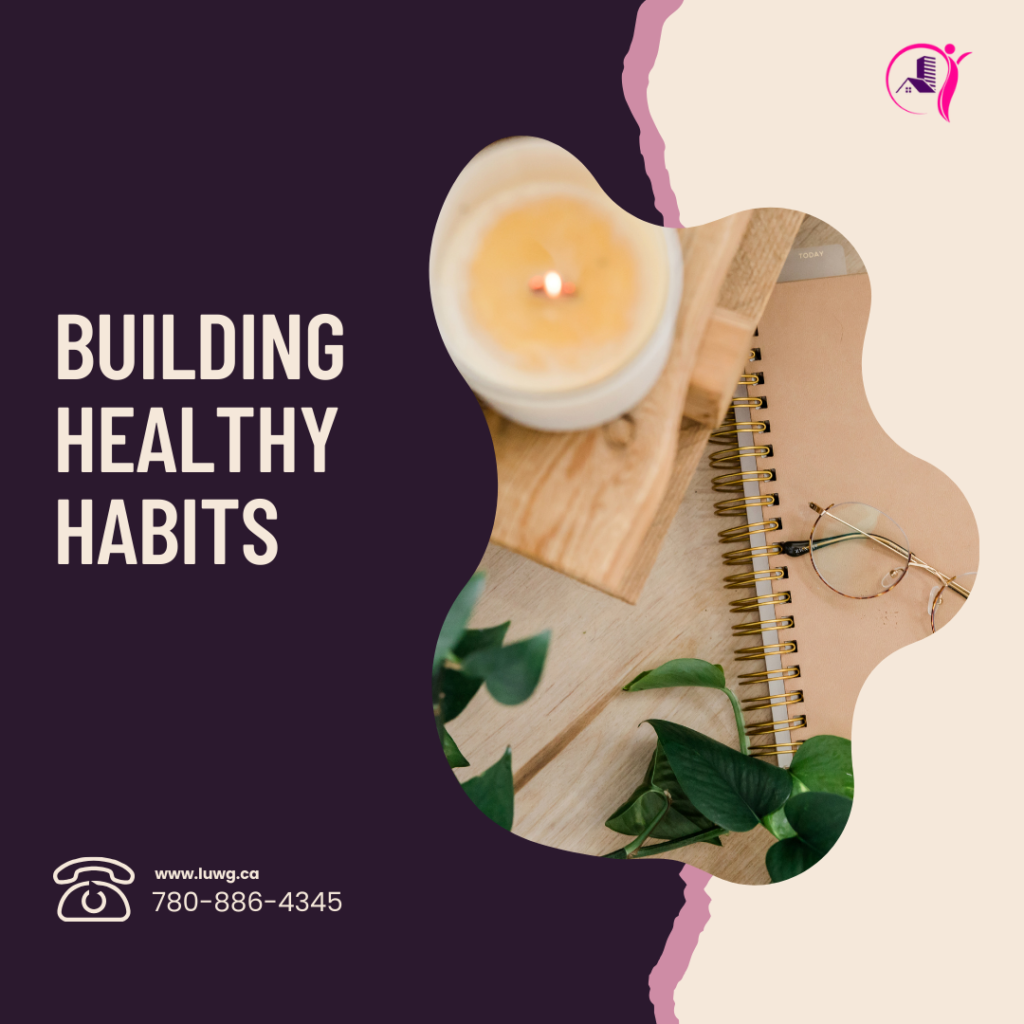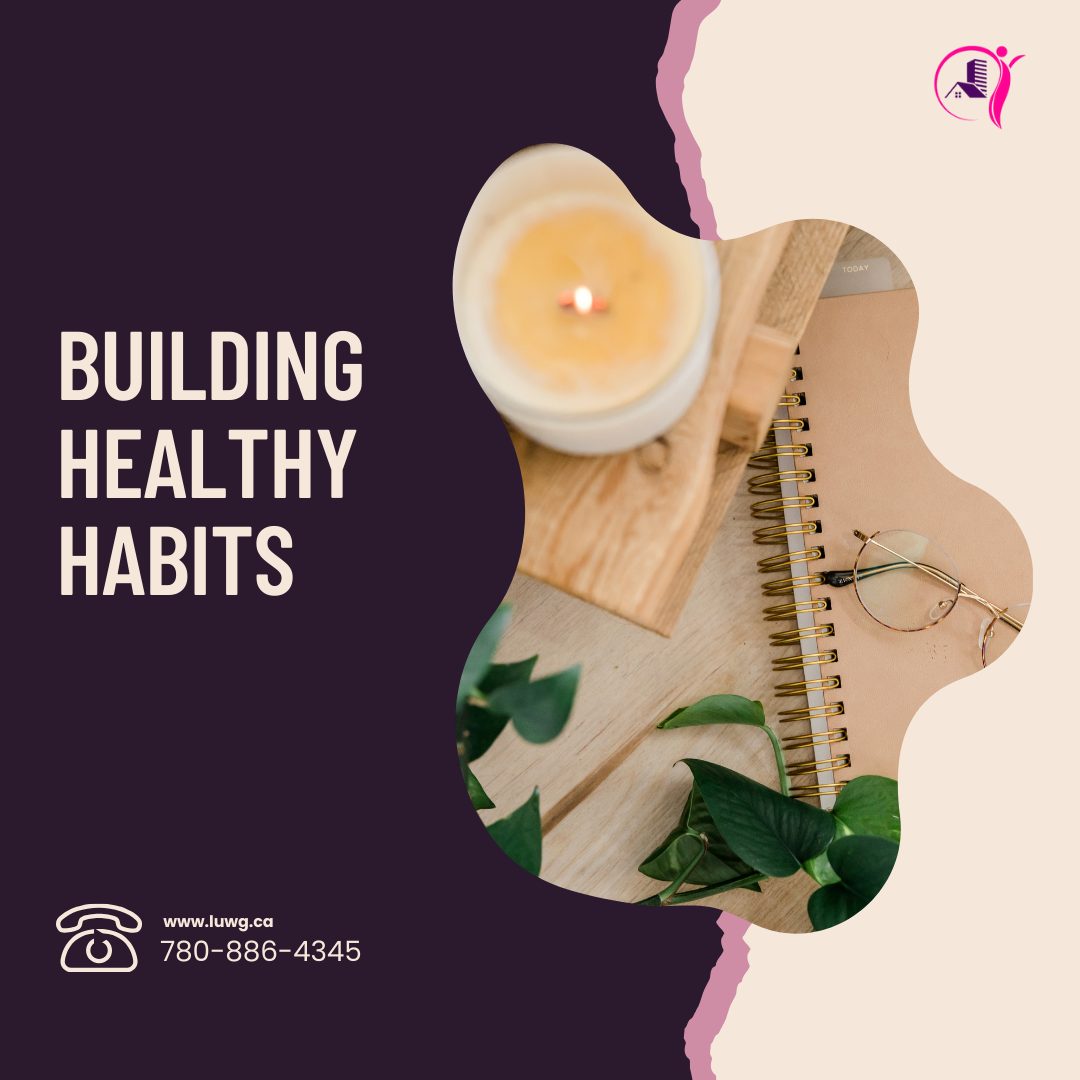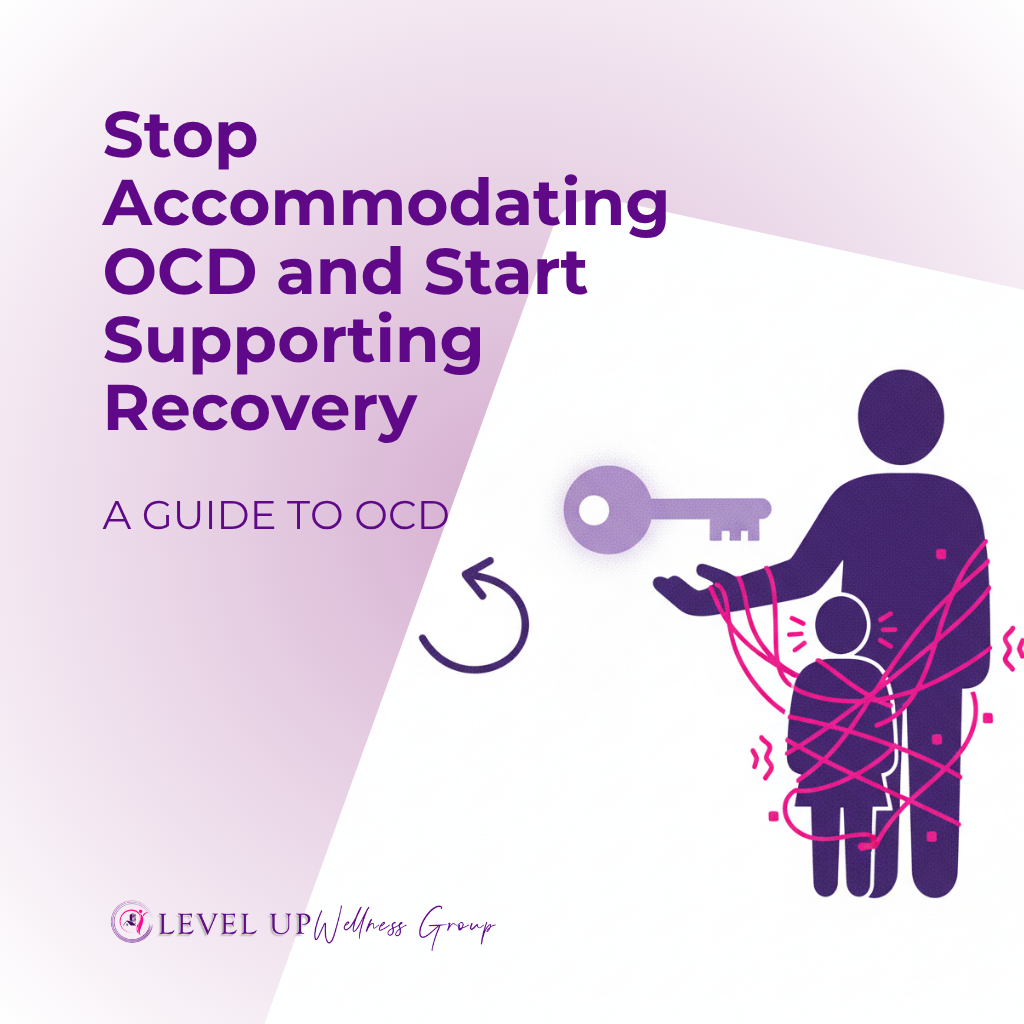
Have you ever made a New Years Resolution that you’ve struggled to keep? It’s no secret that our best of intentions to make positive changes in our lives can lead to disappointment and frustration when our vision for a better self doesn’t pan out the way we had hoped. Whether you’d like to get more exercise at the gym or pick up a new skill like learning the guitar, positive habit formation can elude even the most determined of people. Let’s consider a few suggestions that may help you build the habits you want to have in your life.
Knowing Your Values
What are you choosing to make important in your life right now? Having a sense of what takes precedence in your life can help determine where the new habits you’d like to develop are located on your hierarchy of significance. When you know your values, you can start reflecting further on the person you’d like to become – and hopefully those new habits fall in line with that vision you have of yourself. Just as important, it may be helpful considering what you’re doing in your life that does not align with your values, that is, what are you doing that is pushing you further away from that vision? Sometimes that habits we have and the habits we like, don’t always see eye to eye, and we need to make some hard decisions about which of those habits we value more.
Setting Your Goals
If you want to run a fifty-kilometer marathon in a month but haven’t so much as jogged in the past decade, chances are you’re going to be disappointed with the result. Become familiar with the acronym SMART (specific, measurable, achievable, realistic, and time-based) and use this template to help reflect on whether the goals you have set for yourself are within your reach. This can be a great tool for gauging if you feel a goal is too lofty, or even if you feel like it’s too easy. Being specific not only helps identify a goal (i.e. I want to walk at least 30 minutes a day) but it can give you a structure to your goal (i.e. I want to walk at least 30 minutes a day and will do this on my lunch breaks at work, from Monday to Friday). The structure is important, because it can lead into the other important questions you need to ask yourself, like: “Do I have 30 minutes to spare during my lunch hour?”, “Is there a place I can do this walking while at work?”, and so forth.
Keeping Perspective
Do your best not to think of your goals in black and white terms or take an “all or nothing” approach towards what you want to achieve. Remember that in many cases success is a process, not an individual event. There may be times where you don’t feel you are making progress as fast as you’d like. To help with perspective, try implementing smaller incremental goals along your journey, instead of limiting your focus to only the big picture. If you started only knowing a few words of a language you’re trying to learn but can now say a few sentences, take time to appreciate the gradual progress that has been made.
Loving Yourself
And last but certainly not least, give yourself some time and space to practice self-compassion. Our inner critics can do more harm than good with their demands (“You haven’t done enough yet”, “You should be further along by now”). If you have an inner critic that is doing more harm than good, consider some tools to help replace them with a kinder voice that gives you praise and kudos for the work that you’re doing. There are many tools to help keep your inner critic in line, and one place to start is considering positive affirmations for yourself that will directly challenge what the critic is trying to say (for example, “I’m making progress”). Remember, if you are thinking about the positive changes you want to make in your life, that you’ve already taken a step in the right direction!





